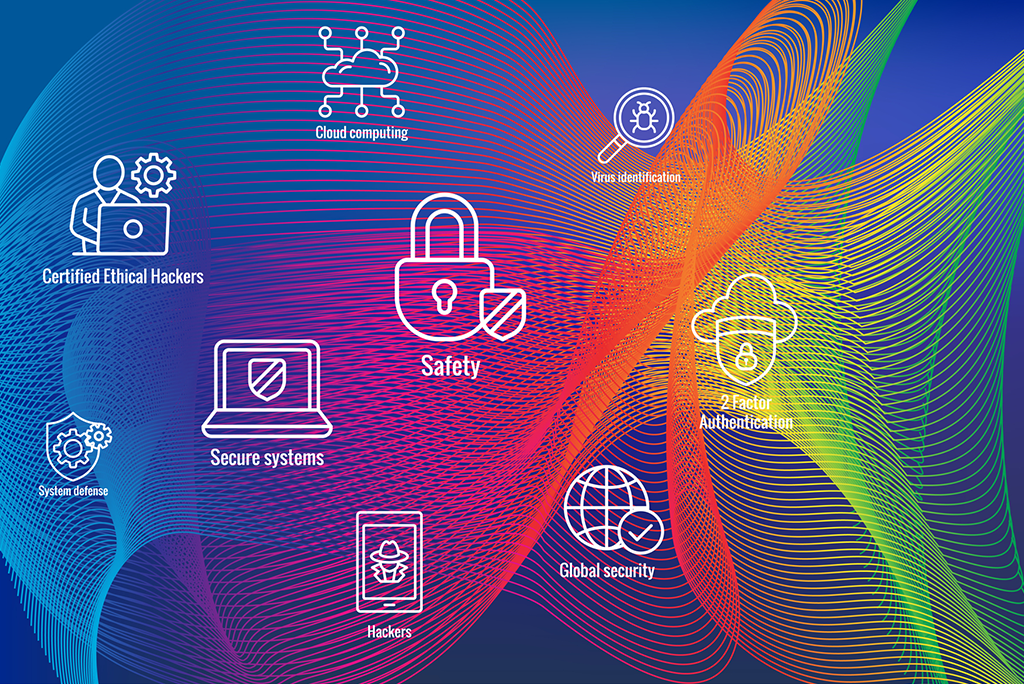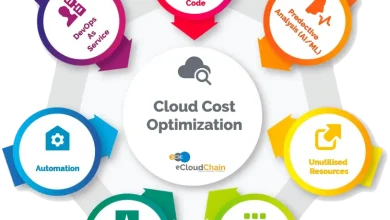What is Ethical Hacking?

What is Ethical Hacking?
Ethical hacking is the practice of intentionally probing computer systems and networks to identify vulnerabilities. Unlike malicious hackers, ethical hackers operate with permission and aim to improve security. They simulate cyberattacks to uncover weaknesses before bad actors can exploit them. This proactive approach helps organizations protect sensitive data and maintain robust security.
The Importance of Ethical Hacking
Ethical hacking plays a critical role in today’s digital landscape. Here are some reasons why it matters:
- Identifying Vulnerabilities: Cyber threats are constantly evolving. Ethical hackers help organizations find and fix vulnerabilities before attackers can exploit them. This preventive measure is crucial for maintaining security.
- Enhancing Security Posture: Regular ethical hacking assessments strengthen an organization’s security posture. By uncovering weaknesses, companies can implement stronger security measures.
- Compliance Requirements: Many industries have regulations that require regular security assessments. Ethical hacking can help organizations comply with these regulations and avoid penalties.
- Protecting Reputation: A data breach can severely damage a company’s reputation. By investing in ethical hacking, organizations can prevent breaches and build trust with customers.
- Cost-Effective Solution: Identifying vulnerabilities before they are exploited can save organizations significant costs. The expenses associated with data breaches can far exceed the costs of ethical hacking services.

Types of Ethical Hacking
It can be categorized into several types, depending on the approach and scope:
- Black Box Testing: In this method, ethical hackers have no prior knowledge of the system. They simulate an external attack, providing a realistic assessment of security.
- White Box Testing: Here, hackers have full knowledge of the system’s architecture and source code. This approach allows for a more comprehensive analysis of security vulnerabilities.
- Gray Box Testing: This method combines elements of both black and white box testing. Ethical hackers have partial knowledge of the system, enabling them to uncover vulnerabilities from both an internal and external perspective.
- Penetration Testing: This type of ethical hacking involves simulating a cyberattack on a system. The goal is to identify vulnerabilities that could be exploited by malicious hackers.
- Social Engineering: Ethical hackers may also use social engineering techniques to test an organization’s security. This involves manipulating employees into revealing sensitive information.
The Ethical Hacking Process
The it process typically follows several key steps:
- Planning: The first step involves defining the scope of the assessment. Ethical hackers must understand what systems and networks will be tested and obtain permission from the organization.
- Reconnaissance: This step involves gathering information about the target. Ethical hackers collect data such as IP addresses, domain names, and network configurations.
- Scanning: It use various tools to scan for vulnerabilities. This phase helps identify open ports, services running, and potential weaknesses in the system.
- Exploitation: In this phase, ethical hackers attempt to exploit identified vulnerabilities. The goal is to gain unauthorized access and demonstrate the potential impact of a successful attack.
- Reporting: After the assessment, ethical hackers provide a detailed report. This report outlines the vulnerabilities found, the methods used for exploitation, and recommendations for remediation.
- Remediation: Organizations should act on the findings from the report. Implementing the recommended fixes will help enhance overall security.
Skills Required
To become a successful ethical hacker, individuals must possess a unique set of skills:
- Technical Knowledge: A strong understanding of networking, operating systems, and programming languages is essential. Ethical hackers should be familiar with various protocols and technologies.
- Problem-Solving Skills: Ethical hackers must be able to think critically and creatively. They need to develop innovative solutions to complex security issues.
- Attention to Detail: Identifying vulnerabilities requires keen attention to detail. Ethical hackers must thoroughly analyze systems to uncover hidden weaknesses.
- Knowledge of Security Tools: Familiarity with security tools and software is crucial. Ethical hackers should know how to use penetration testing frameworks and vulnerability scanners.
- Certifications: Obtaining relevant certifications can enhance credibility. Popular certifications include Certified Ethical Hacker (CEH), Offensive Security Certified Professional (OSCP), and CompTIA Security+.

Ethical Hacking vs. Malicious Hacking
Understanding the difference between ethical hacking and malicious hacking is crucial. Ethical hackers work to improve security and protect systems. They do so with the organization’s consent and follow ethical guidelines. In contrast, malicious hackers exploit vulnerabilities for personal gain or to cause harm.
The Future of Ethical Hacking
As cyber threats become more sophisticated, the demand for ethical hacking will continue to grow. Organizations will increasingly recognize the importance of proactive security measures. Emerging technologies such as artificial intelligence and machine learning will also shape the future of ethical hacking. Ethical hackers will need to stay updated on these trends to effectively protect systems.
Conclusion
It is a vital component of modern cybersecurity strategies. By identifying vulnerabilities and improving security measures, ethical hackers help organizations protect sensitive information. Their proactive approach not only enhances security posture but also safeguards reputation and compliance. As the digital landscape continues to evolve, the role of ethical hacking will become even more essential in the fight against cyber threats.




